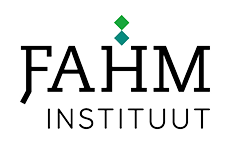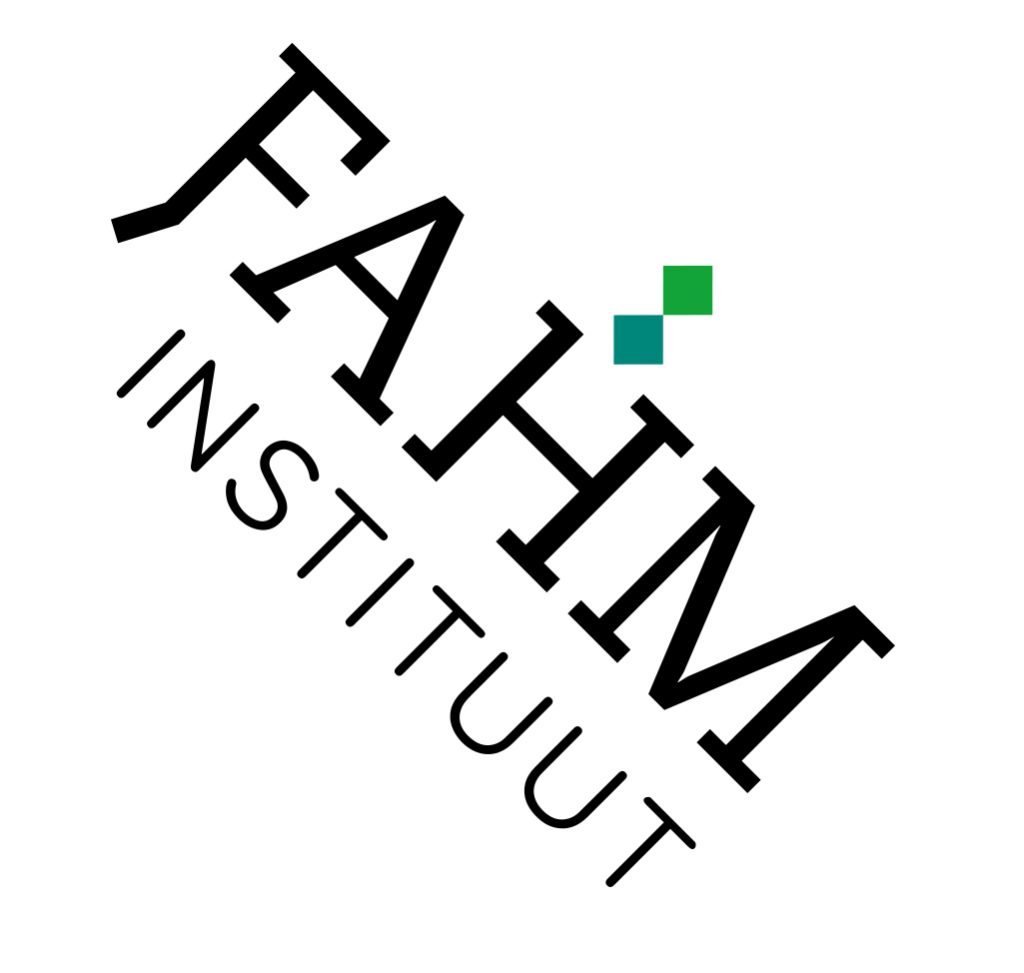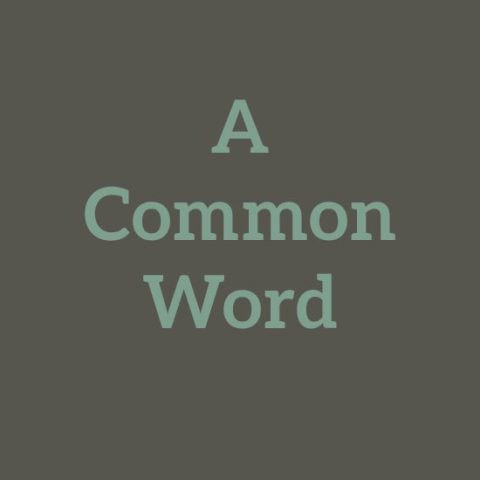The neglected humanistic potentials of the Qur’an and its interpretations in classical exegesis (tafsīr) is clearly visible in the commentaries on Qur’an verse 3:64 which calls for a statement of equality or commonness (kalimatin sawā’in) between Muslims and people from other faiths (’Ahl al-Kitāb or People of the Book i.e. people of previous revelations and religious constructs). The majority understood this verse purely as referring to the doctrinal differences between Islam and other religions, but some scholars clearly understood that this verse also had social implications, as the “sawā’in” used in this verse refers to social equality, just as “‘adl” in verse 42:15 refers to equitable justice. Both verses can be compared as both refers to the relation “between us…
Read More
In de Koran omschrijft Allah zichzelf als “Hij die voedsel geeft maar niet wordt gevoed.” (Sura Al-an’Aam, 6:14). In sura ad-Dzaarijaat (51:57) staat bovendien dat Hij niet wil dat de mensen en de djinn Hem in levensonderhoud voorzien en voeden. In tegenstelling tot de mens heeft Allah namelijk geen voedsel nodig. Maar alhamdulillah heeft Hij ons op vele manieren van heerlijk en gezond voedsel voorzien. In dit artikel zal ik ingaan op de voedingsmiddelen die in de Koran genoemd worden en op de verschillende manieren waarop in de Koran over voeding wordt gesproken. Voedingsmiddelen als teken van Allah Op vele plaatsen in de Koran worden voedingsmiddelen genoemd. Meestal gebeurt dit door middel van verzameltermen of soortnamen, zoals vruchten (o.a.…
Read More
In my academic research on human rights concepts in classical and modern Islamic thought, the Qur’an exegesis of the medieval lexicographer and ethicist Rāghib al-Isfahānī (d. 502 AH/1108 CE) is one of the most fascinating works I have come across. There is little known on Rāghib‘s life, but most of his works have survived. He wrote works on Arabic literature and grammar, but he is known especially for two works; his theological-philosophical work on society, Shari’a and human welfare, which has influenced Islamic scholars as al-Ghazālī (d. 1111 CE), and his Qur’anic lexicon (Mufradāt fī gharīb al-Qur’ān) which for centuries has been a general reference for Qur’an scholars and commentators. Lesser known is his Qur’an exegesis (tafsīr) which has partially survived (it…
Read More
Hoe kijk je naar de wereld en naar God? En welke plek neemt wetenschap hierin in? Zijn religie en wetenschap met elkaar in conflict of juist wél te combineren? In de zesdaagse cursus Islam en Wetenschap – ‘Adam of Aap?’ gaan docenten Arnold Yasin Mol en Kamel Essabane hier dieper op in, en met verrassende inzichten. ‘Je kunt niet zeggen: hier is hoe DE Islam aankijkt tegen het ontstaan van leven en de schepping van de aarde en de kosmos, simpelweg omdat er meerdere visies zijn. Dat weten veel moslims niet.’ Wat bedoelen we met religie en wat bedoelen we met wetenschap? Alles begint met een heldere afbakening van deze twee begrippen, legt docent Arnold Yasin Mol uit. “We staan…
Read More
In this analysis we will show how the Islamic tradition constructs a sacred cosmology wherein a sacred space and sacred time are defined. In Sunni Islam only a few sacred spaces on earth exist, the majority belong to the world unseen (alam al- ghayb) and are not accessible for the common human. But when there is a transfer between the seen and unseen world a sacred time is created which is accessible for the whole of creation. The most clear example of the creation of sacred time is Laylat al-Qadr, which is seen as sacred due to the sending down of the Qur’an and fate (qadar). But as the Qur’an doesn’t indicate when this night is, intertextual interpretations were constructed…
Read More
Encyclopedia entry on the origins of and development of Jihad as a term for holy war, just war, and ethical and spiritual struggle. Arnold Yasin Mol, “Origins of Jihad”, Great Events in Religion: An Encyclopedia of Pivotal Events in Religious History, ed. F. Curta and A. Holt (ABC-Clio, 2017).
Read More
One of the main trends in Islamic modernism is the pursuit of rational exegesis of the Qur’an. As a response to this trend many of these Sunni Islamic modernists have been accused of being neo-Mu’tazilites because of their use of independent reason, the historicizing of the Qur’an, the emphasis on metaphorical interpretation of verses with supernaturalistic contents, the de-emphasizing of tradition, and the use of non-Islamic sources and thought. The similarities between modernists and classical rationalistic schools are seen in their exegeses on verse 113:4 wherein the dominant traditional interpretation of supernatural sorcery is denied. This paper tries to show that the reason why many forms of Islamic modernism are labelled as modern versions of Mu’tazilism is not because modernists…
Read More







